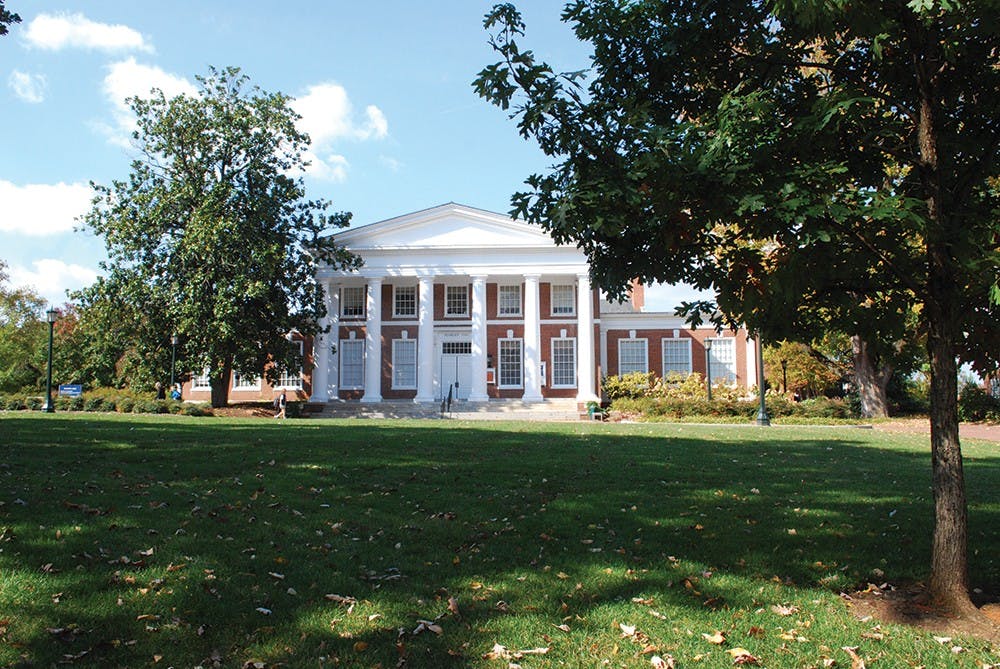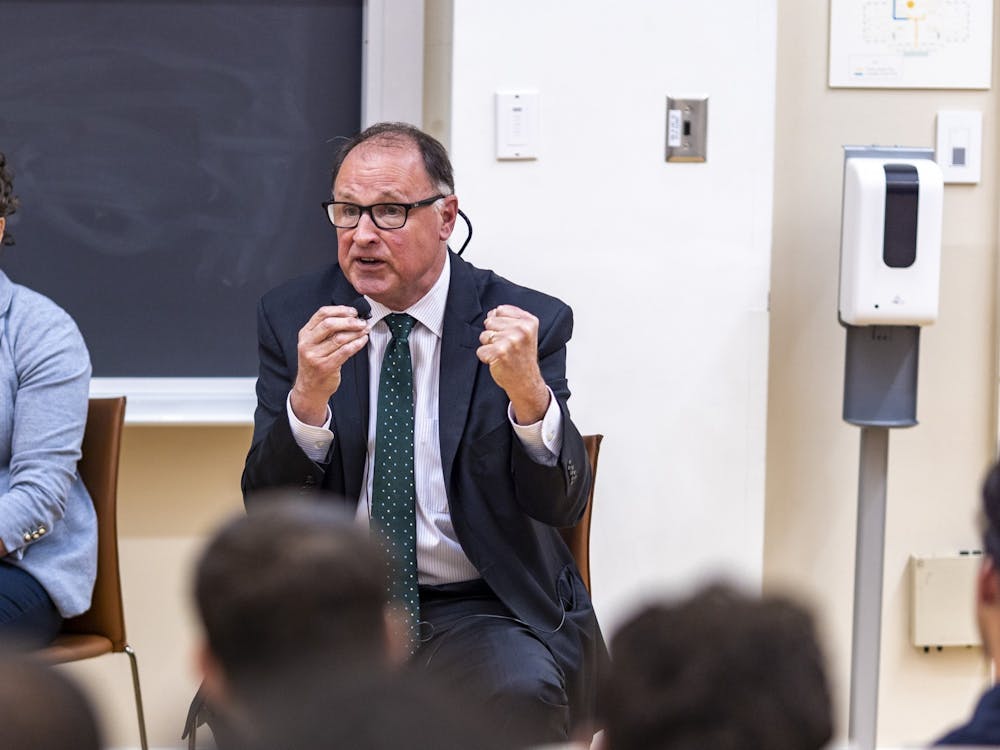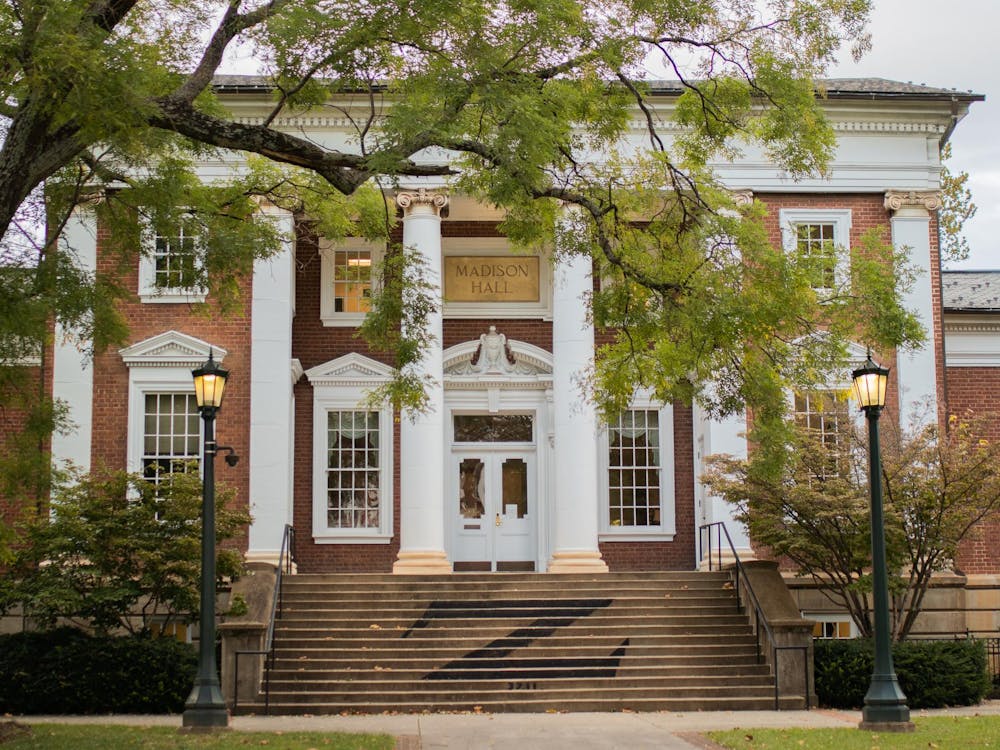Given recent legal trends across the United States, colleges and universities may soon be forced to conduct a race-neutral application process. The University currently uses race as one factor among many to make admissions decisions, but this may not be the case for long.
Supreme Court rulings have historically upheld a school’s right to use race to create affirmative action policies for student admission, though the most recent challenge to the practice that reached the high court — Fisher v. The University of Texas — was sent back to a lower court for re-evaluation, signalling a possible forthcoming shift in the way these cases are decided.
Seven states have decided to eliminate race as a deciding factor in college and university applications, beginning with California in 1996. Other schools consider qualities besides race, such as income level, to obtain a diverse student population, but Dean of Undergraduate Admissions Gregory Roberts said that is not a perfect proxy for race.
At the University, applications do ask students for their race, though they are allowed to decline to answer. Roberts believes changing to a race-neutral applications would limit the University’s ability to create a diverse student body.
Third-year College student Hawa Ahmed, who has worked closely with the Admissions Outreach Office, said income could still be an effective measure to obtain diversity.
“If you recruit low income students, that takes care of race,” Ahmed said. “Socioeconomic class is something that a lot of people can learn from.”
But recruitment might not be enough to create a diverse student body. The University has strong recruitment efforts with minorities, hosting recruitment weeks for Latino and African-American applicants each year, but ultimately many minority students reject admissions offers, Ahmed said.
“[The admissions office] can try to recruit as many students as they want, but at the end of the day it is the student’s choice,” Ahmed said.
If a race-neutral application process were adapted, the change would not affect the University’s graduate schools, as graduate applications are routed to faculty admission committees in specific departments and not to general admissions officers.
In the Fisher case, the justices ultimately decided the case was not ready for the Supreme Court. They ruled the Fifth Circuit Court, where the case was originally heard, had not correctly applied strict scrutiny, a legal term relevant to how courts should weigh the government interest of diversity against the constitutional protection from racial discrimination, and ordered that Court to reexamine the case.
Politics Prof. David Klein said the decision did not present any new information, but said admissions officials worry the Court could soon require race-neutral admissions decisions. Four Supreme Court justices strongly oppose race-conscious admissions decisions, leaving Justice Anthony Kennedy as the swing vote in any decision, Klein said. Past court cases have already banned racial quotas, he added.
The Supreme Court has ruled that creating diversity is a legitimate interest for universities, but that does not necessarily have to mean using race as a factor in admissions. Klein said colleges and universities must show they have attempted to create diversity without using race as a factor before they are allowed to include race in the admissions process.
“If U.Va. were sued, they would have to explain what other ways they had tried [to assure diversity] without using race,” Klein said. “It’s not enough to say that [using race as a factor] the easiest way to [attain racial diversity].”
The discussion of race-neutral admissions policies is far from over, and will likely again emerge in the Supreme Court’s next batch of decisions. The Court has agreed to hear Schuette v. Coalition to Defend Affirmative Action, which challenges a Michigan constitutional amendment banning the use of race in admissions decisions, in its next term.







